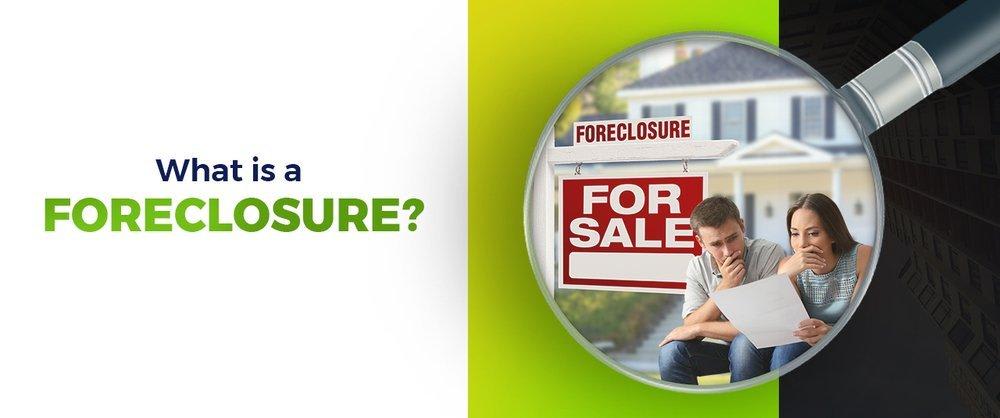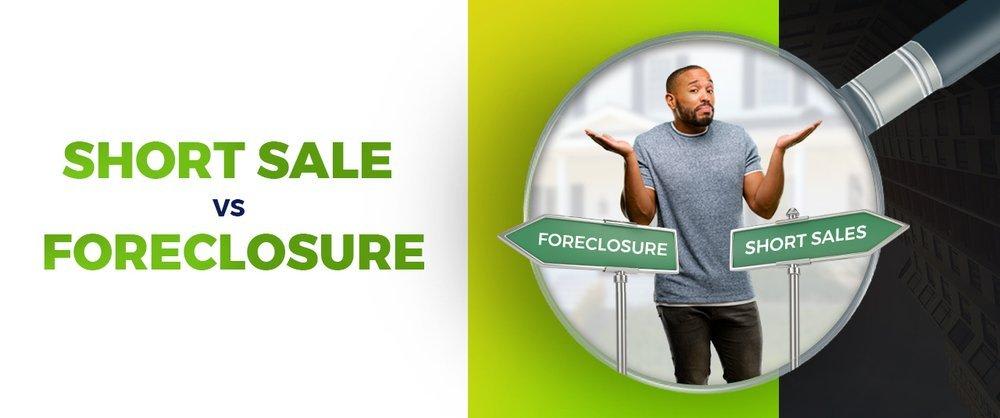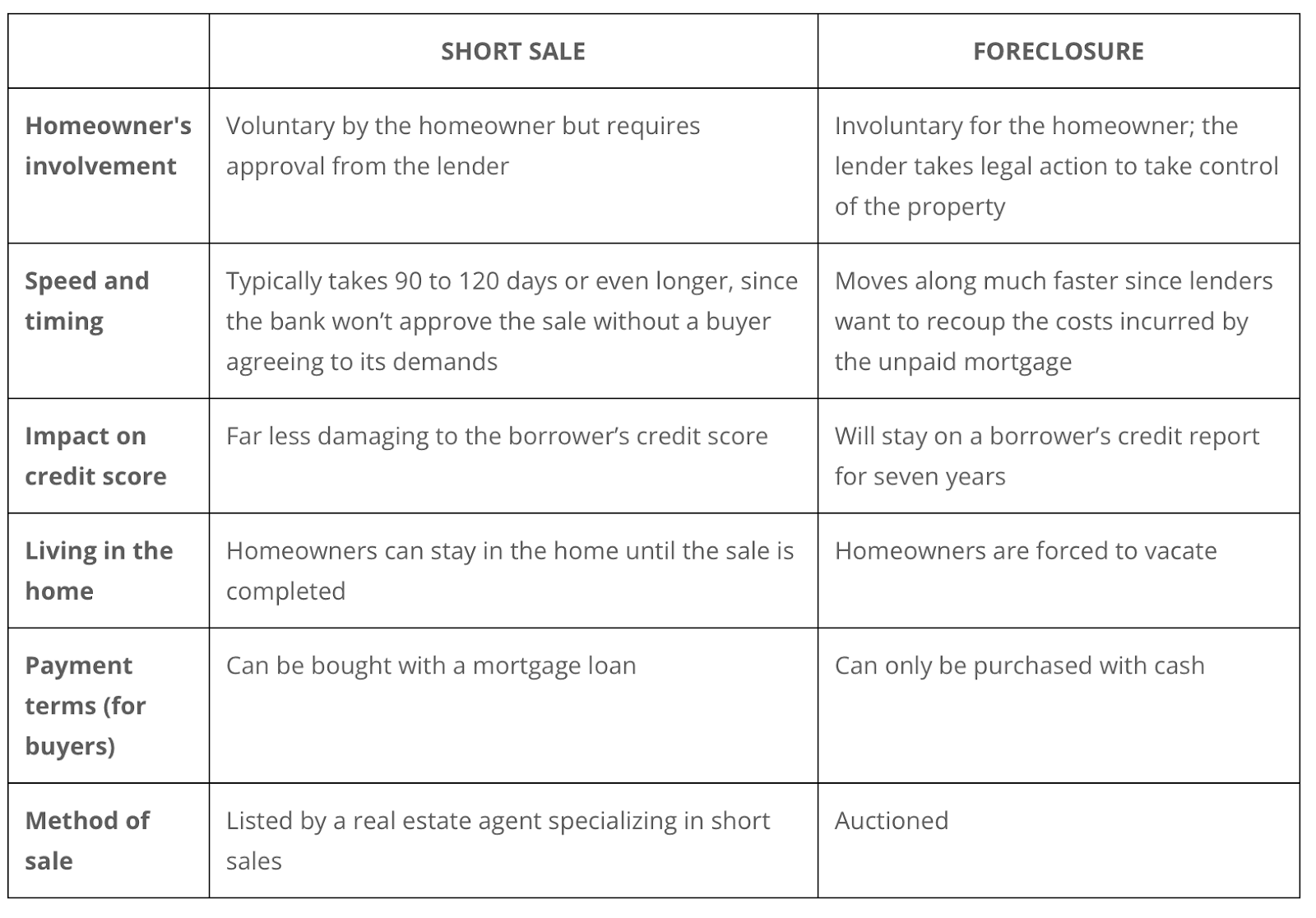
Real Estate 101: What is the Difference Between Short Sales and Foreclosures?
June 9, 2023

June 9, 2023






Here are five mistakes and poor habits that many homeowners make, and some tips on how to avoid them.

Here we've touched on some of the things borrowers might think it’s okay to lie about during their mortgage application.

You can maintain financial stability and preserve the ability to pursue other important financial goals.

Here are a couple of tasks you can do to further make a good impression and lessen the stress of every single home showing.

Let's take a closer look at what these things are, their differences, and which is the better option for any homeowner.

Here are three great reasons you should be having a conversation with a lender even before you begin.

We discuss some of the crucial things sellers should accomplish post-sale a checklist to help you.

The euphoria that comes with purchasing and moving into your first home is unlike no other.

Here are the most common types of listing agreements, your agreement type is often listed at the top of the document itself.
Ready to turn your real estate dreams into a Lone Star reality? Reach out to Matthew Clegg and his exceptional team today! With over a decade of expertise in small business enterprise account and sales corporate management, Matthew brings boundless energy, excitement, and a wealth of local knowledge to your home buying or selling journey. Experience the difference of personalized client relationships and unrivaled dedication. Start building your dreams in the Lone Star State now!